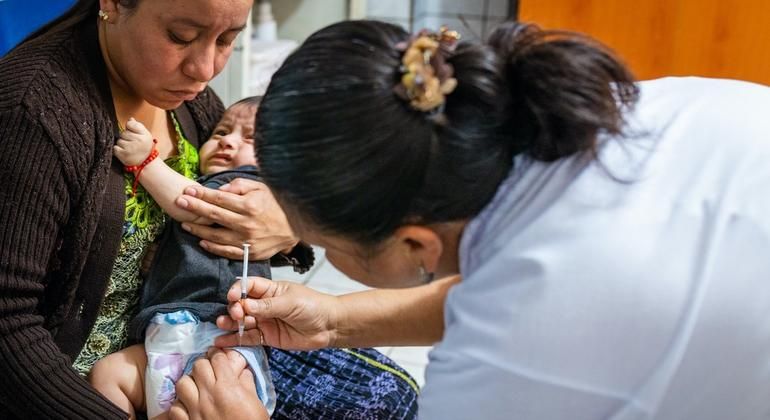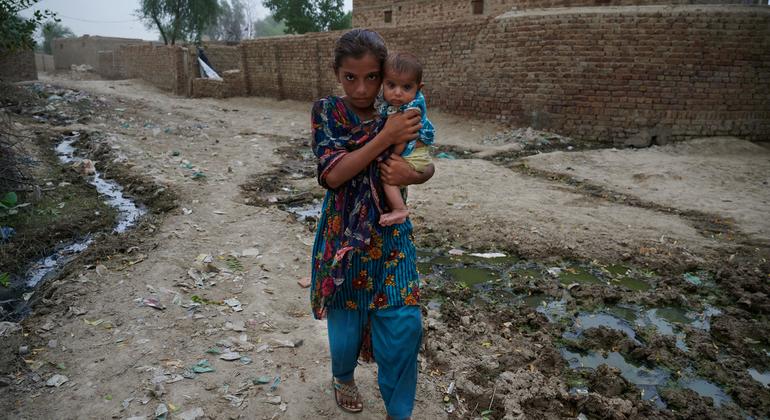Figures published by the United Nations Inter-Agency Group for Child Mortality Estimation (UN IGME) reveal the The global under-five mortality rate has decreased by 51 percent since 2000..
Some countries such as Cambodia, Malawi, Mongolia and Rwanda reduced the under-five mortality rate by more than 75 percent during the period.
UNICEF Executive Director Catherine Russell praised the dedicated efforts of midwives, health workers and community health workers, whose commitment has contributed to this notable decline.
“Through decades of commitment by individuals, communities and nations to reach children with effective, quality and low-cost health services, We have shown that we have the knowledge and tools to save lives.,” she said.
The United Nations IGME was formed in 2004 to share data and improve child mortality estimation methods, tracking progress made toward child survival goals. It is led by UNICEF and includes the World Health Organization (WHO), the World Bank Group and the Population Division of the United Nations Department of Economic and Social Affairs (DESA).
Long road ahead
Despite these advances, the report noted that there is still a long way to go to end all preventable deaths in children and adolescents, as millions continue to die from treatable causes, including complications from premature birth, pneumonia, diarrhea and malaria. .
The majority of these deaths occur in sub-Saharan Africa and South Asia, highlighting regional disparities in access to quality healthcare.
The report also noted that economic instability, conflict, climate change and the lingering impact of the COVID-19 pandemic continue to undermine progress and exacerbate existing disparities in mortality rates.
“While there have been positive developments, every year millions of families continue to suffer the devastating anguish of losing a child, often in the first days after birth,” said Tedros Adhanom Ghebreyesus, WHO Director-General.
“The place where a child is born should not determine whether he lives or dies. “It is essential to improve access to quality health services for all women and children, even during emergencies and in remote areas.”
Critical frontline staff
Improving access to quality health services and saving children's lives from preventable deaths requires investment in education, employment and decent working conditions for health workers to provide primary health care, including community health workers.
Juan Pablo Uribe, Global Director of Health, Nutrition and Population at the World Bank, emphasized the need to accelerate progress.
“We owe it to all children to ensure they have access to the same health care and opportunities, regardless of where they are born.”












